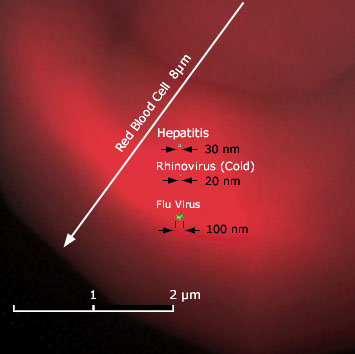millbank abg and boil. cheap, easy, effective and almost maintenance free.
... and ineffective against most common contaminants unfortunately my old bean
millbank abg and boil. cheap, easy, effective and almost maintenance free.
Typhoid spores?
Anyway whether it filters or treats the water so long as you have "safe" water what's the difference really?

Typhoid spores?
... and ineffective against most common contaminants unfortunately my old bean
The mybottle utilises electrokinetic depth filtration to remove viruses and small particles, I'd like to see a Millbank bag do that!
I asked out of surprise actually, the bacterium that causes typhoid does not form spores? Assuming for one moment that it did, how on earth would one 'notice a decline' of them in the water?
It's exceptionally rare to find Typhoid in open water and they can be broken down eventually with extended boiling.
Bradford Beck
a number of strom overflowing into it. Yes it is heavily culverted - it runs under the city centre, some pretty impressive valuted brickwork:
http://www.flickr.com/photos/phill_dvsn/2992471433/in/photostream/
the millbank bag is a 2 step system, part 1 filter debris to make water clear, then part 2 is boil (or sterilise with tablets) the resulting water to make it safe to drink...
I merely suggested it (as an alternative to other methods) as its a time proven, cheap and portable way to provide yourself with clean, safe water.
I was being facetious. Someone on the forum a few months back argued that boiling was an ineffective water treatment method as there are certain nasties that can survive extended boiling times. Can't remember what. Typhoid, Anthrax, Plutonium... something which is unlikely to be found in the bush.
